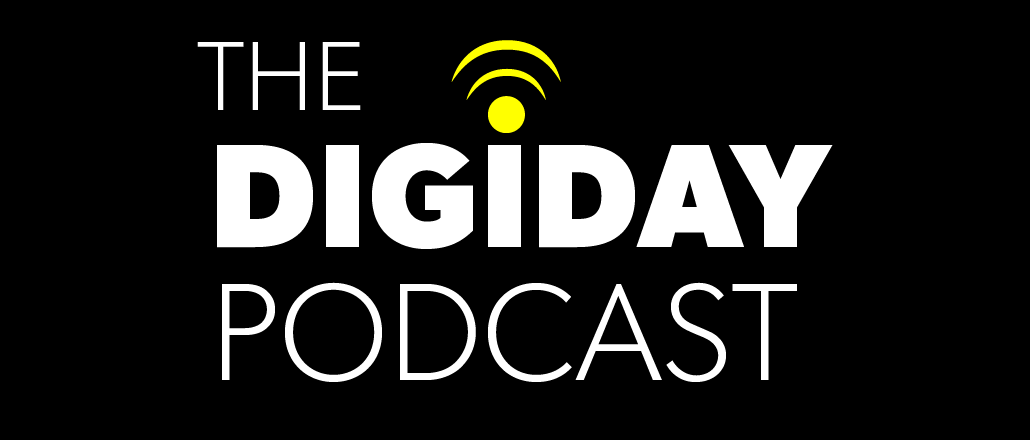Last chance to save on Digiday Publishing Summit passes is February 9

Subscribe: iTunes | Stitcher | RSS
The entire premise of online marketing has been that, unlike other channels, it is fully accountable. The wealth of tracking data, theoretically, means marketers can know what’s working and what’s not. The problem is that this just isn’t true, according to Shiv Singh, global head of digital and marketing transformation at Visa.
“Digital is not that accountable,” he said on this week’s episode of the Digiday Podcast. “If I were to have a heart-to-heart conversation with my CFO or CEO, I’d be embarrassed by how blurry and foggy the entire digital media ecosystem is. If you think of the conversations we’ve been having in our industry about ad viewability, fraud, different platforms having their own networks, all of this creates more confusion, makes it much more difficult to know, when you spend a dollar, what you’re getting back in return.”
Below are lightly edited and condensed highlights from the conversation.
Shifting money to digital isn’t innovation.
For a few years now, one way for marketers have shown they’re innovative has been to bragging about how much of their marketing budgets had gone from analog channels to digital. But that’s meaningless, according to Singh.
“None of that matters. You have to be performance-driven, and you have to be able to look at all your channels and platforms on a level playing field,” he said. “The shifting to digital is a bit of a distraction. In 2016, every major marketer should have figured out by now what is the optimal mix that delivers the best results.”
“It’s hard to know the truth” in ad tech.
The shift to programmatic has created massive amounts of complexity in media. Along with that complexity has come a lack of transparency on several fronts, including what fees are assessed by whom and what channels work compared to others.
“We face a pretty fundamental challenge,” he said. “It’s very hard to look comparatively at a spend on Facebook, or a spend on Twitter, or a spend at a premium publisher and put those side-by-side with a programmatic buy. It’s so hard to look at everything on a level playing field.”
Brands are worried they’re being ripped off.
The lack of clarity in digital media has created a trust problem. Singh said often he feels like he’s buying a car from an unscrupulous salesperson.
“If I were to explain how transparent the ad ecosystem is to my CFO or CEO, he would think I’m a moron,” Sigh said. “Our industry does not have enough transparency. It’s hard to know, that dollar spent, where it goes. It’s very hard on a media plan to tell what exactly is the buy, how much of that buy is going to the consumer, what are the fees on the back end, and who exactly is getting that money.”
Facebook’s got a measurement issue.
Facebook’s ad business is booming. It doesn’t hurt that it has 1.6 billion users. But for brand building, Singh still sees issues that arise from Facebook’s proprietary approach.
“Whenever you have a walled garden you have unique metrics,” he said. “That creates more confusion.”
More in Marketing

In Q1, marketers pivot to spending backed by AI and measurement
Q1 budget shifts reflect marketers’ growing focus on data, AI, measurement and where branding actually pays off.

GLP-1 draws pharma advertisers to double down on the Super Bowl
Could this be the last year Novo Nordisk, Boehringer Ingelheim, Hims & Hers, Novartis, Ro, and Lilly all run spots during the Big Game?

How food and beverage giants like Ritz and Diageo are showing up for the Super Bowl this year
Food and beverage executives say a Super Bowl campaign sets the tone for the year.





